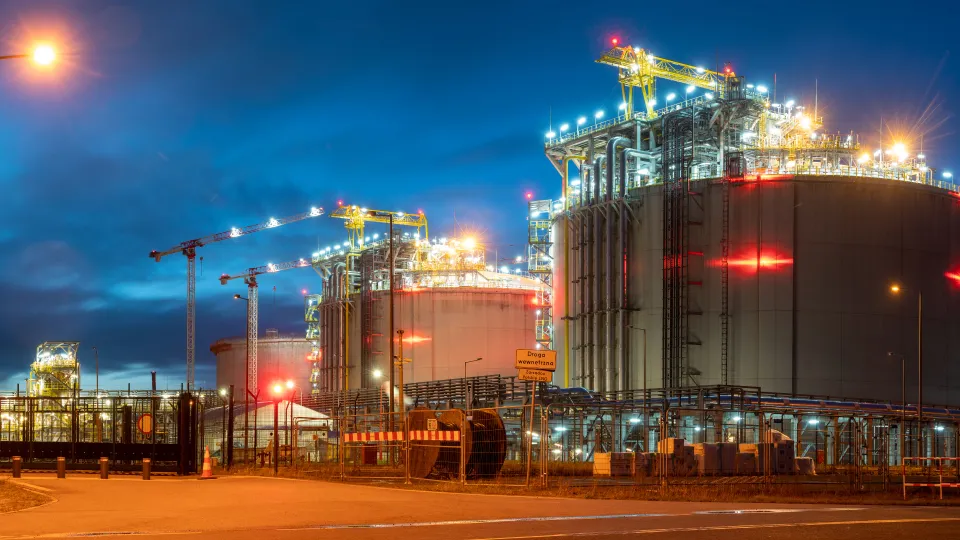Woodside Energy claims that the LNG plant would act as a “secure and reliable energy source” for South Korean and Japanese consumers who rely on Australian gas.
Australia granted preliminary approval to extend the life of its largest and oldest liquified natural gas (LNG) plant until 2070, potentially opening billions of dollars in new drilling opportunities that conflict with the country’s climate agenda.
The Northwest Shelf development is one the biggest LNG projects in the world. Since the 1980s, gas has been recovered from the basins off the Pilbara coast in northern Western Australia and processed at the Karratha gas plant on the Burrup peninsula.
The gas plant’s operator, Woodside Energy, claims that the gas plant was a “nationally significant asset” since it got hundreds of dollars to the economy.
The company is planning for an extension that could keep the plant running until 2070, which previously had permission to operate until 2030. The Western Australia (WA) government approved the extension in December.
Woodside claims that it would act as a “secure and reliable energy source” for South Korean and Japanese consumers who rely on Australian gas.
However, scientists, indigenous leaders, environmental organizations, and politicians voted against the state approval since pollutants from the processing factory are destroying rock art. They claim that if the Karratha plant runs until 2070, it would be a “carbon bomb,” causing tons of greenhouse gas.
The gas released during manufacturing and shipping causes climate pollution. Gas supporters claim that gas is cleaner than coal, but a US research paper found that, in some cases, LNG emissions are higher than coal.
Critics further argue that it needs to forget its net zero emissions goal if the biggest fossil fuel plant operates until 2070.
Another concern is whether Japanese companies are buying more LNG than required for domestic consumption. The gas industry argues that Japan has made it clear it needs a reliable gas supply. They say that if Australia stops the gas supply, they will move to other countries, which is not serving the purpose of reducing global emissions.
Campaigners suggest that the government can develop green export industries and encourage their client countries to reduce fossil fuel consumption and produce more zero-emission energy.
Former federal leader Kim Beazley, former Western premiers Carmen Lawrence and Peter Dowding, and other Labor leaders wanted to cancel the extension. Evidence shows that the “actively degraded” petroglyphs released due to industrial contamination can cause “profound and irreversible” effects.
Tanya Plibersek, Watt’s predecessor, assigned an independent reporter to investigate the matter and received a report two years ago, yet she did nothing about it. Raelene Cooper, a Mardathoonera woman from Murujuga, filed a lawsuit in federal court to compel Watt to respond to the cultural heritage report before deciding on the Northwest Shelf extension.
WA government and the Murujuga Aboriginal Corporation, comprising representatives from five traditional language groups, had a different opinion from Cooper.
They stated that although an 800-page rock art monitoring report had discovered significant rock damage, most likely due to the exaggerated industrial emissions in the 1970s, levels of pollutants, including sulphur dioxide and nitrogen dioxide, have decreased since 2014. There was no proof that acid rain had an impact on the artwork.
All the criticism aside, even if the project is approved, where will Woodside get his energy?
There is a Browse above Scott Reef consisting of around 1500 coral reef species (some are local and some endangered). The WA Environment Protection Authority (EPA) deems it “unacceptable” to develop gas basins there. Woodside is still working on the development approved by the federal government and the states.
Campaigners argue that the government should equally consider the Northwest Shelf extension and the Browse Basin as they are interdependent. However, state and federal law treat them as different developments.
